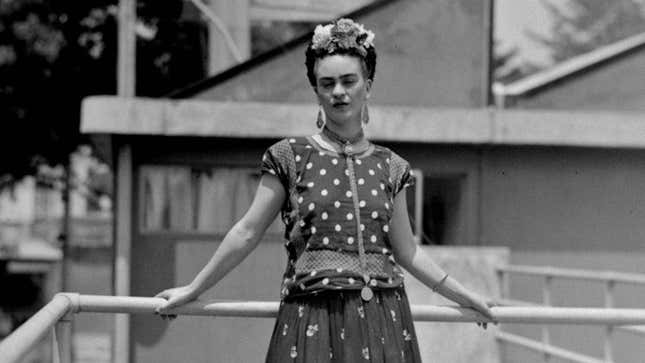Unfortunately, That Voice Recording Is Almost Definitely Not Frida Kahlo
Latest

Last Thursday, an audio clip thought to be the only known recording to Frida Kahlo’s voice surfaced and went viral. This website, and many others, wrote about it. The discovery would have been a breakthrough for historians, who have no recorded samples of the artist and activist’s speech; at the National Sound Library of Mexico, director Pável Granados called Kahlo’s voice “a great enigma, a never-ending search.” But if the news sounded too good to be true, it was—those who knew Kahlo before her death are saying there’s no way it’s her.
In a statement, Kahlo’s descendants, who are perennially at odds with the plethora of ways on Frida Kahlo’s likeness is used, said: “As far as Kahlo family knows, there are no records of Frida’s voice.” Two of Kahlo’s former students also told the Guardian that they did not think the voice on the recording was hers. One of them said:
-

-

-

-

-

-

-

-

-

-

-

-

-

-

-

-

-

-

-

-

-

-

-

-

-

-

-

-

-

-

-

-

-

-

-

-

-

-

-

-








































